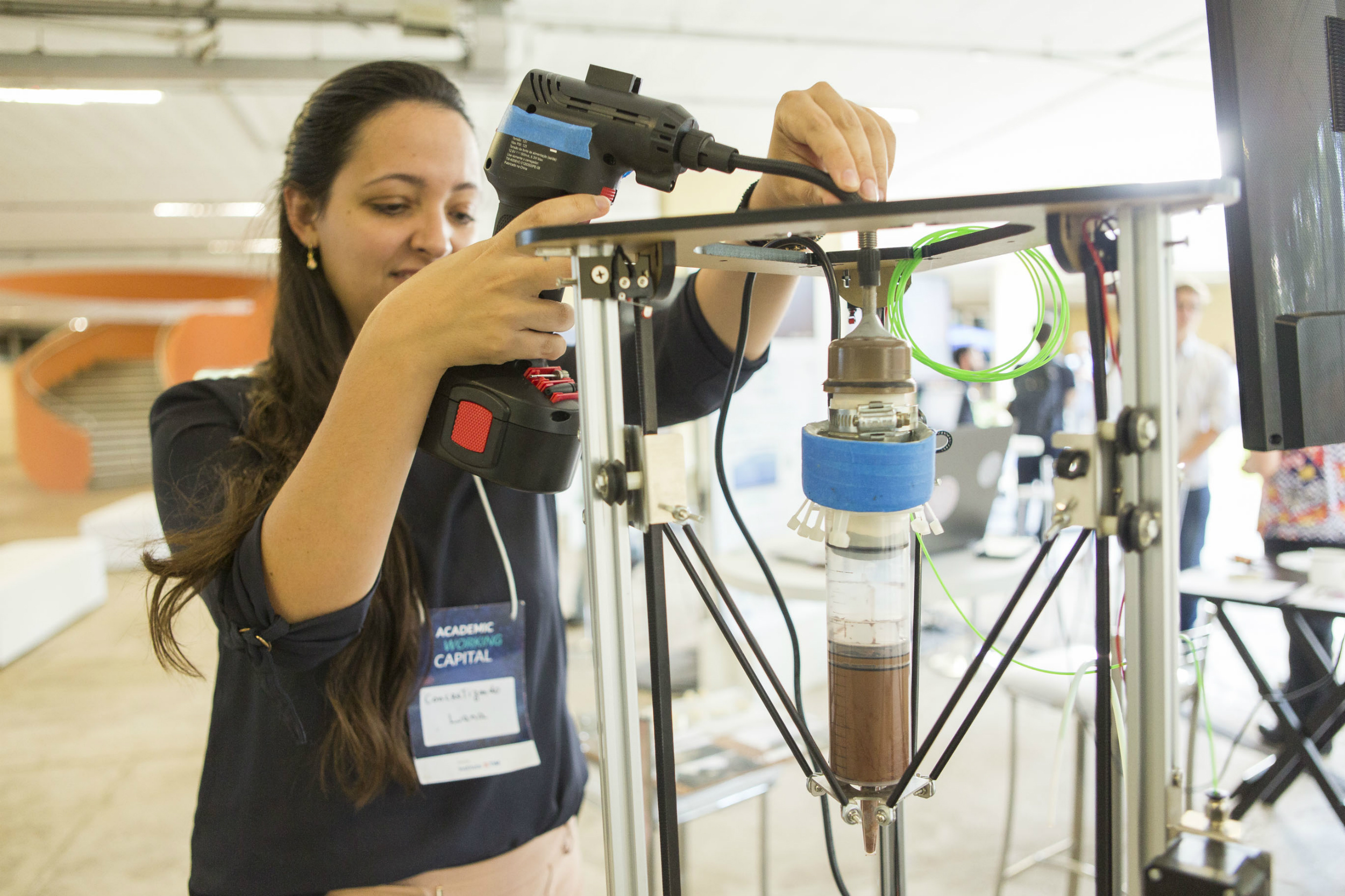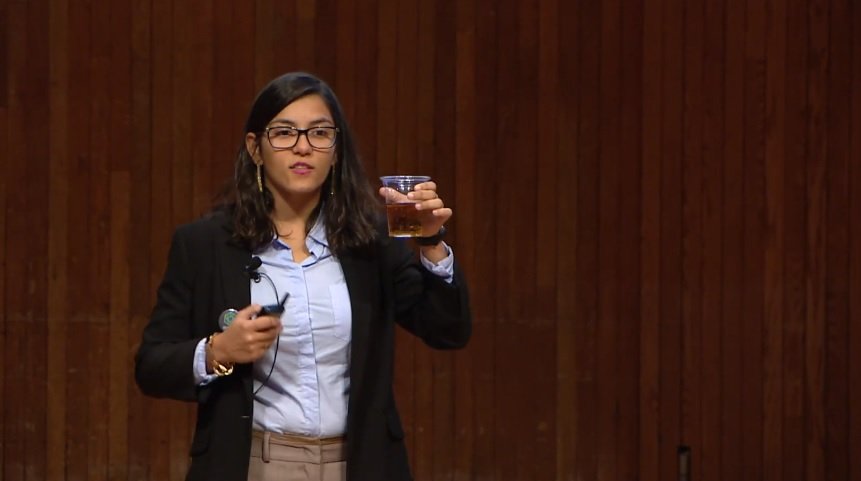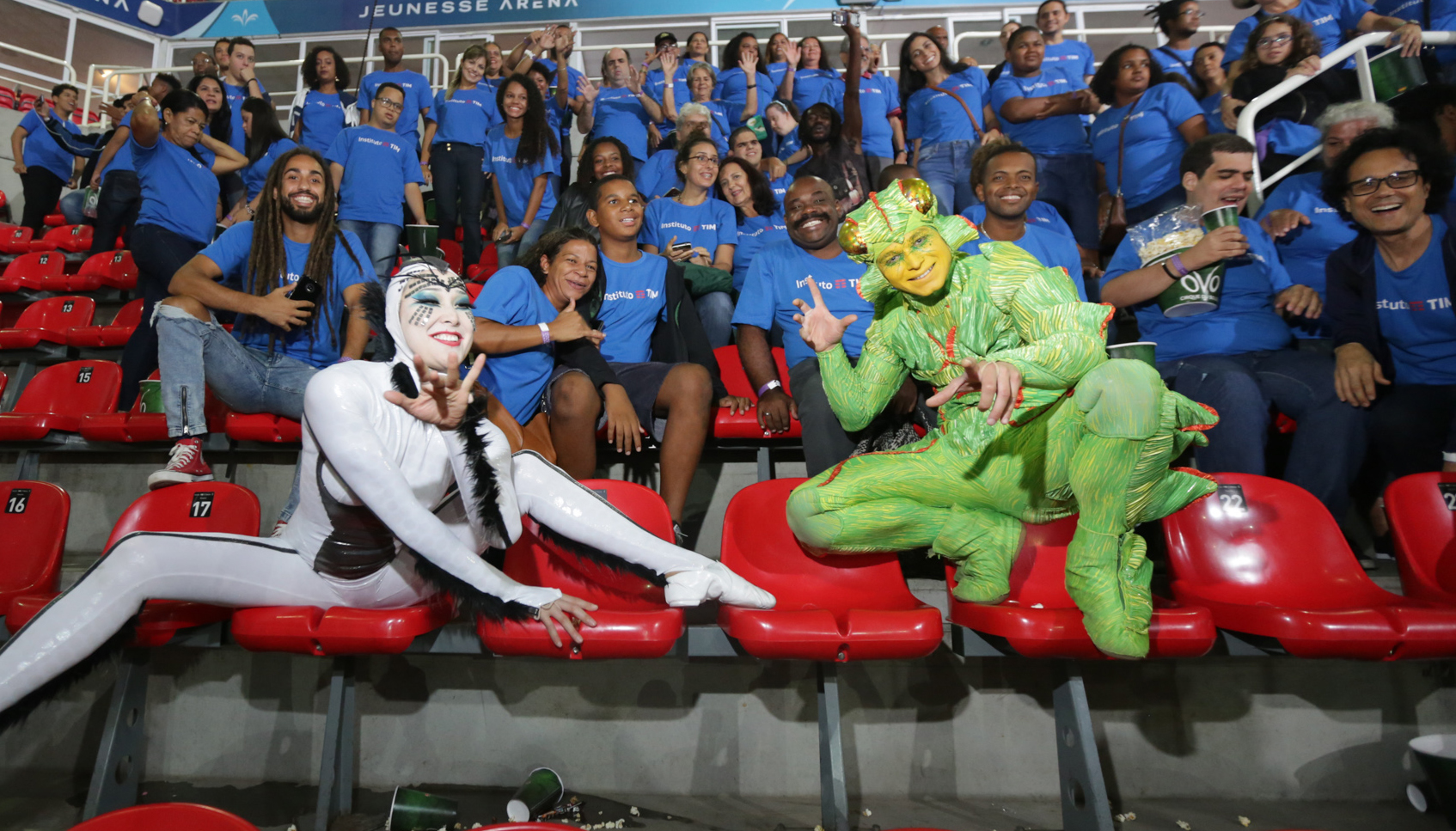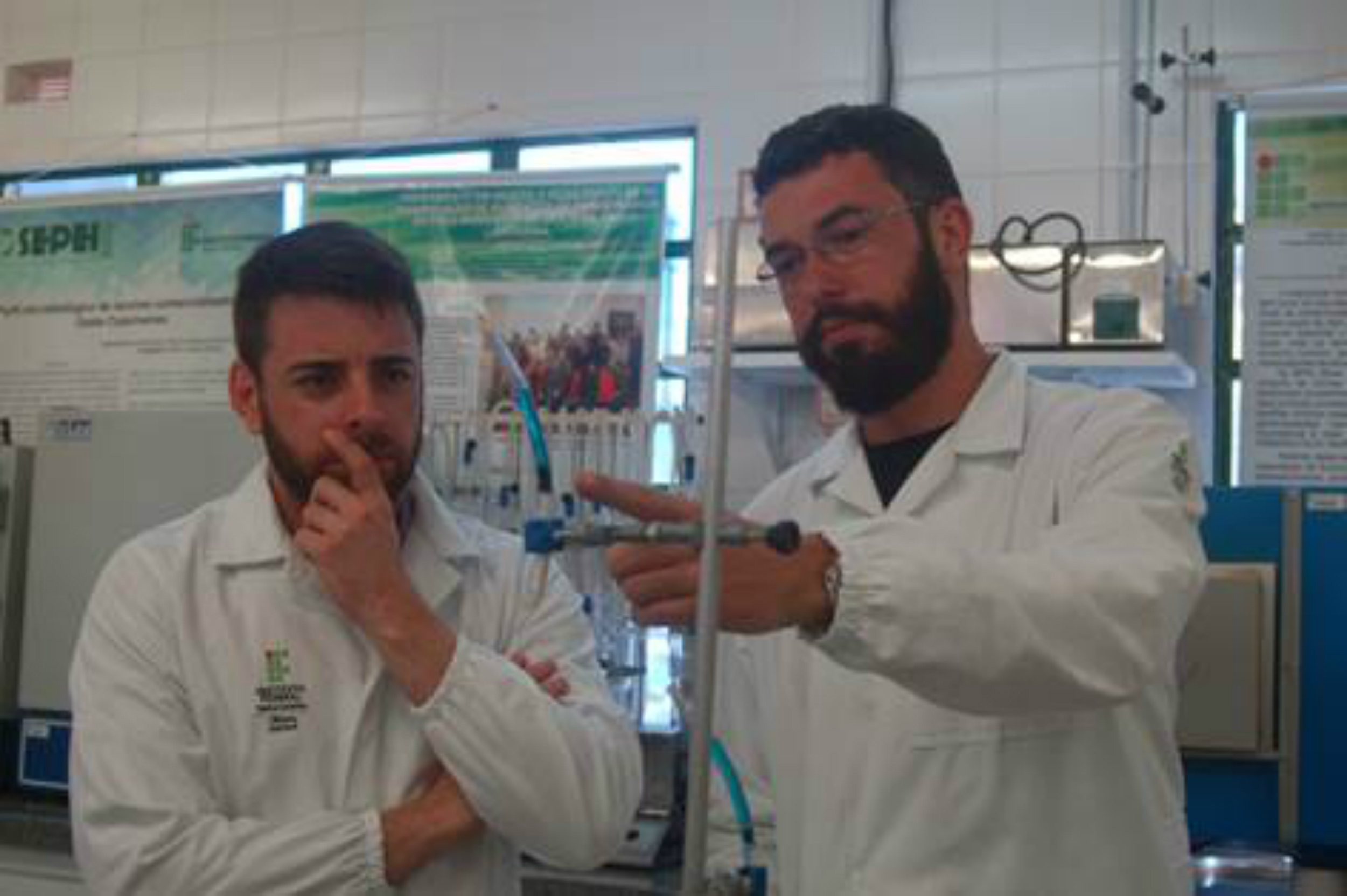AWC: the challenge of focusing on the problem and customer segment begins

Two days of a lot of information that showed what is coming: this is how the activities of the Academic Working Capital program began with Workshop I, on 8/29 and 9/12. It was the first time that the 19 teams of the 2020/2021 cycle met, albeit in the online environment. The objective of the Workshop I was to show entrepreneurs that the first stage of the work should be the discovery of a real problem, which has a market, and an audience willing to pay for the solution. “The Instituto TIM values the background and potential of youth. I am happy to see the success of the startups that came out of the AWC,” said the president of the Instituto TIM, Mario Girasole, at the opening of the first day. “Let’s move forward in this sixth year, in this model so transformative that we have adapted to this phase of the pandemic,” commented TIM’s director of Environmental, Social & Governance, Marcio Lino. In the schedule, lectures, speeches by former participants such as Fernando Lopes from Mvisia (AWC 2015) and Robson Quero from BinahKi (AWC 2019), and hands-on moments when the groups performed the proposed tasks and met with the coaches in the so-called flipped classrooms. The coaches Leandro Queiroz, Alexandre Rocha, Diego Braga Lucio, Belisa Godoy, and Lucas Moreira spoke about AWC methodology (with its stages of problem discovery, validation of the value proposition, experimentation, and pivoting), definition of the customer segment and possible markets, information collection from interviews and concepts such as problem solution fit, customer obsession, beach head marketing and jobs to be done. The importance of adopting an entrepreneurial mindset was also the theme of the lecture by professor and researcher in Creative Economy Leticia Gonçalves. “In the world of entrepreneurship, perceiving the problem gives you a competitive edge. And the more you look at the 360° biases of this problem, the more effective your solution will be”. To show the application of the concepts approached, the invited entrepreneurs spoke to the young people about their trajectories, experiences, learning, mistakes, and successes: Augusto Aielo, from Soul Urbanismo, an urban parklet company; Vanessa Kiyan, from Saque Viagem, the largest volleyball e-commerce in Brazil; and Daniel Pereira, from JobPet, a platform for hiring professionals in the pet sector. The entrepreneur Pedro Fornari (AWC 2017) shared the trajectory of Kartado, which began as a software for mapping holes in roads, made the first sale still during the program, and today is a tool for managing the conservation of large infrastructures. Another significant moment was the conversation on diversity with the engineer Célia Kano, from the Rede Mulheres Empreendedoras, the black actress and playwright Tatiana Ribeiro, the transmasculine teacher Bernardo Gonzales and the specialist in development and innovation of projects Ary Scapin, from ADE SAMPA. The goal was to invite entrepreneurs to explore alternatives of customer segments and show the need to include all types of audience in the value proposition. “If you don’t consider the different audiences you have, besides not relating positively in society, you won’t look at the problem as a whole,” Celia summarized. “It is the different that will build bridges and give conditions so that the service, the enterprise that you want to do, has more susceptibility, people feel more welcomed by what you are offering,” added Bernardo. The Phase 1 of the AWC continues until December with a focus on defining the problem the groups will try to solve and validating the value proposition in the market. The next meeting of all the teams will be in Workshop II, on 11/28.






































































































